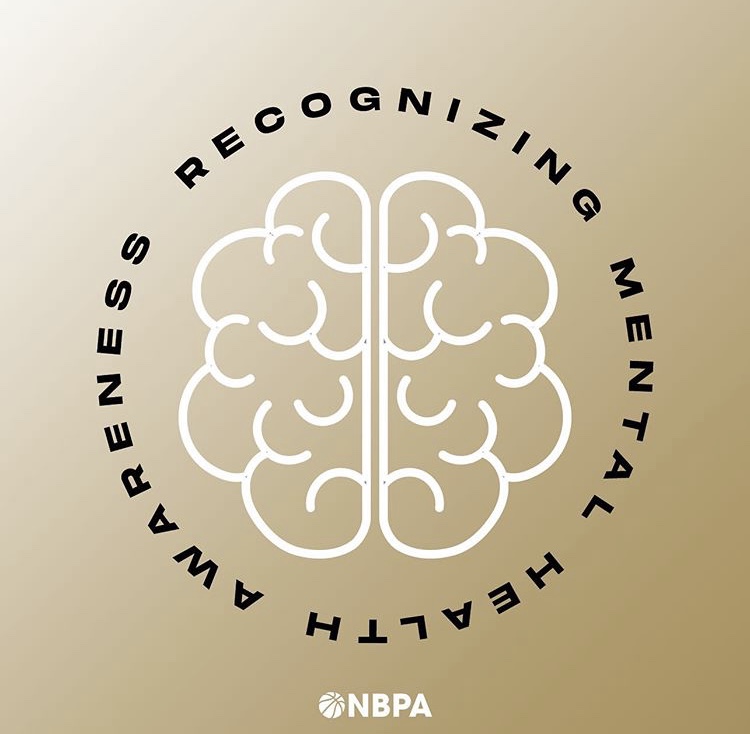Youth sports in the United States has been a way for kids of all ages to make friends, be physically active, and learn skills such as teamwork, sportsmanship, and the value of hard work. When it comes to mental health, sports can be an immensely positive experience for many participants.
In recent years we’ve seen our NBPA union members such as Kevin Love and DeMar DeRozan (to name a couple) speak up and use their platform to address their personal experience with mental health. At the NBPA, it was important to meet the members where they’re emotionally and mentally, and in response, the Mental Health and Wellness department was created. The department is led by Dr. William Parham (Director of Mental Health and Wellness) and Keyon Dooling (Player Wellness Counselor). They will provide information and equip our readers with the knowledge needed to navigate the youth basketball space with your athlete(s) and families. But before providing you with the answers, we must first know what mental health is and the role it plays in the lives of your favorite professional athletes and youth sports.
May is Mental Health Awareness Month, but what exactly is the definition of Mental Health?
In brief, mental health represents a subjective state of psychological (e.g., cognitive, behavioral, emotional) well-being characterized by an individual’s ability to balance and enjoy life activities (e.g., work, play, relationships, physical health, faith-based practices, community service, and leisure pursuits), in ways that allow them to feel productive, confident and resilient as they face and manage daily life stressors and difficult and complex challenges.
Mental health can be represented on a continuum. On one end of the continuum are persons who report feeling balanced and able to function satisfactorily across all or most areas of their life. In the middle of the continuum are persons who feel able to manage some areas of their lives but report difficulty managing a few other areas. At the other end of the continuum are persons experiencing significant impairment in their cognitive, behavioral, and emotional functioning. As a consequence, people on this end of the continuum often report feeling unable to balance their life, manage daily stressors, experience hopeful futures, and derive satisfaction from activities in which they engage.
What role does mental health play in the lives of professional athletes and youth sports?
Mental health and wellness play an essential role in how children, youth, adults, and the elderly function on a daily basis. It is as important as understanding and appreciating our physical health.
Our mental health and wellness influence:
- How we think about and take care of ourselves
- How we interact with family, friends, colleagues, and acquaintances
- How we make decisions about current and future opportunities and risks
- How we engage our faith-based practices
There are several intersecting factors that impact how people develop and maintain their mental health and wellness. Some of these factors include culture, race, ethnicity, family, community, schools, media, religious practice, and the larger social and political environments.
A few things to remember:
The key to mental health and wellness is having options or believing in your abilities to create them! Mental health and wellness impact how people:
- Choose their friends
- Identify people with whom they do not want to associate
- Select schools that they attend
- Decide on a career to pursue
- Focus on health and fitness activities that will keep them engaged
- Respond to and reconcile life’s challenges
- Mental health is not a destination. Rather, it is a personal journey of understanding, appreciating and utilizing cognitive, behavioral, and emotional abilities and talents to respond to life’s challenges and to find purpose and meaning in the lives people lead.
We know this information can be overwhelming, but we want to ensure that you have the proper knowledge on the topic. If you have any additional questions regarding what you read today, please feel free to email us camp@nbpa.com. For more updates and resources, please sign up below to receive our newsletter and check your inbox for updates.

